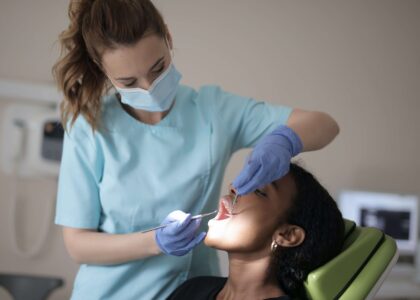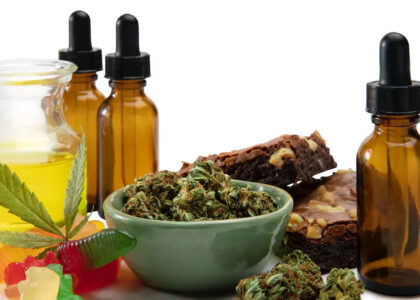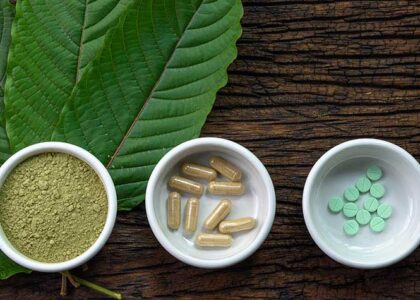It seems that monsoon season isn’t just about the humidity–it also brings a host of other unpleasantries, like itchy skin. If you do not take extra precautions during this monsoon season, you are at risk of fungal infections like Athlete’s foot or ringworm. When left untreated, these can also lead to nail infections.
Related factors that cause skin diseases in monsoons:
- Climatic Changes: The excessive humidity will make your skin feel hot and moistened to an uncomfortable level that can cause flushing in those with sensitive or dry skin types.
- Increased Infection Due to Excessive Humidity: This is particularly true for infections caused by bacteria, fungi, parasites, etc. Moisture favours bacterial growth more than viral growth. When these infections go unnoticed, they can lead to severe skin diseases.
- Excessive Sweating and Clammy Skin: Over-sweating is one of the most common complaints during the monsoon season. The body becomes extremely sensitive and reacts to even mild irritants like soap or detergent by excessive sweating. Apart from visible rashes on the skin (like urticaria or hives), you will have a watery discharge collected in your armpits and feet. A foul smell, itching/burning sensation, etc. might also occur.
- Allergic Reactions to Monsoon-Related Factors: Pollens, dust, or generalized allergic reaction due to viral infection (like cold) could trigger skin problems like rashes, itching, etc.
How to stop itching during monsoon?
- Soak the affected area in cool water or wear clothing made out of soft cotton, which allows air circulation (preferably white). Avoid synthetic clothing as it tends to retain heat and moisture.
- Keep the affected area clean with mild soap and lukewarm water. Ensure that no soap residue is left (this could be a trigger for over-sweating). After bathing, pat dry the skin gently instead of rubbing hard.
- Use moisturizers on rashes to prevent drying of the skin. Apply homemade unguents like basil or calendula ointment, neem/turmeric paste, etc., over rashes every time after washing your hands.
- Eat healthily and drink plenty of water to maintain proper hydration.
- Avoid irritants like perfumes, deodorants, etc., as much as possible.
- Wear moisture-wicking clothing when you go out in the sun (avoid synthetic ones). This will reduce the drying up of skin by allowing evaporation of sweat from inner surfaces.
- Use emollients before going to bed to avoid dryness overnight. These are very useful, especially for people with atopic dermatitis or other forms of eczema. They allow your skin to breathe naturally when you sleep without letting air pollutants pollute it.
Treatment of skin diseases in monsoons:
In most cases, itchy skin is a self-limiting condition and responds to symptomatic treatments like antihistamines, lotions, emollients, etc. If required, medication is prescribed based on the exact diagnosis and reported pattern of rashes/itching, etc. For example, if you have hives due to sweat, use antipruritic creams like Calamine lotion, which could help suppress the itching.
Now, if these symptoms are troublesome, you can visit your dermatologist or skin specialist, depending on the severity of the condition. Last but not least, prevention is better than cure. So, staying healthy during this period will help you maintain good health all through the year!
Homeopathic medicines which help to treat itching during monsoon:
- Arsenicum album: It acts quickly on the eruption, which causes itching.
- Kali-carb.: This medicine is helpful in case of itching and burning rashes that start like papules and pustules.
- Heparsulph: This homeopathic medicine can treat skin eruptions with swelling, redness, and itching during monsoon.
- Sulfur: Itching, burning eruptions that do not heal with wet dressings, worse by heat and cold give Sulfur a try. It is beneficial in severe itching of the scalp that occurs during the monsoon season.
- NatrumMuriaticum: Blisters, boils, deep-seated itching, especially around the waist or loins, give NatrumMuriaticum 30C a try.
Listed here are the medicines used in general. But homeopathic skin treatment is individualized. So, always visit your nearest skin clinic and consult a homeopathic doctor before taking any medication.






